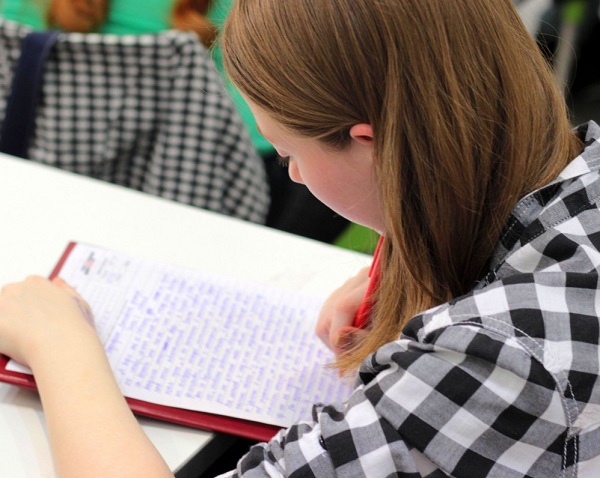Virtual reality (VR) technology has come a long way since its inception, and its applications are expanding into various fields, including education. The use of VR in education has the potential to revolutionize the way students learn and engage with material. Its all well and good hiring an essay writer online, but doing it yourself is much better in the long run. As VR technology continues to advance, it begs the question: will kids do their homework in VR one day?
Advantages of VR for Homework
One of the main advantages of VR technology for homework is the enhanced engagement and interest it can provide. Traditional homework assignments can sometimes be dull and uninspiring, leading to a lack of interest and motivation. VR technology allows for a more immersive and interactive learning experience, providing students with a unique and exciting way to engage with the material.
In addition to enhanced engagement, VR technology allows for the simulation of real-world scenarios. This can be particularly beneficial for subjects like science and history, where simulations can provide a more accurate and engaging representation of events or concepts. By allowing students to experience these scenarios in a more immersive way, VR technology can help improve their understanding and retention of the material.
Challenges and Concerns
While there are many potential benefits to using VR technology for homework, there are also several challenges and concerns that must be addressed. One of the primary concerns is the cost and accessibility of the technology. VR headsets and accompanying hardware can be expensive, which could make it difficult for some schools or students to obtain and use the technology.
Another concern is the potential health effects of using VR technology for extended periods of time. Some individuals may experience motion sickness or other discomfort when using VR technology, which could impact their ability to learn and engage with the material. Additionally, there is a concern that VR technology could be too distracting, particularly for younger students who may be more susceptible to losing focus.

Future of VR in Education
Despite these challenges and concerns, the potential benefits of VR technology in education are significant. As the technology continues to advance and become more affordable, it is likely that we will see an increase in its use in classrooms and for homework assignments. It may also be possible to integrate VR technology with existing educational tools and curricula, further enhancing the learning experience.
The potential impact of VR technology on education and learning outcomes is exciting to consider. By providing students with a more engaging and immersive learning experience, VR technology has the potential to improve their understanding and retention of the material. This could lead to better academic performance and a deeper appreciation for learning.
While it may still be some time before kids are doing all their homework in VR, the potential benefits of the technology are clear. By providing a more engaging and immersive learning experience, VR technology has the potential to revolutionize education and improve learning outcomes. But for now, you and your kids will just have to do it the good old fashioned hard way.
